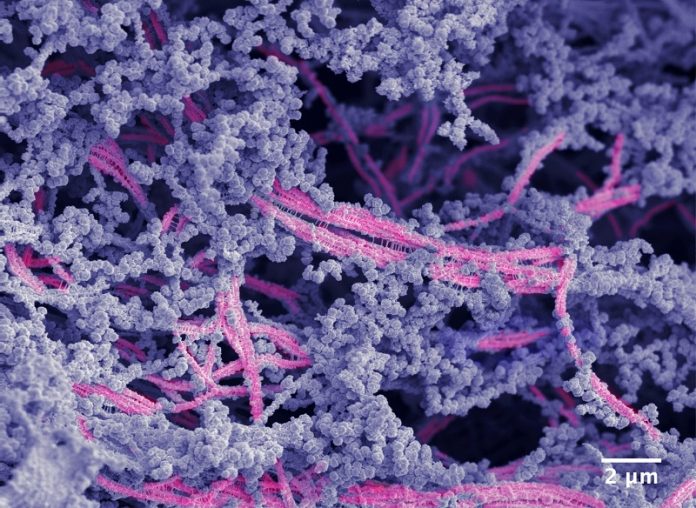
A new type of immunotherapy using innovative nanoparticles could help men with prostate cancer live longer by preventing resistance to hormone therapy.
Researchers from the University of Sheffield have discovered that this new treatment could give men much more time before their cancer becomes resistant to hormone therapy.
For thousands of men diagnosed with prostate cancer, androgen deprivation therapy (ADT) is a powerful first-line treatment.
ADT works by reducing the levels of male hormones that can promote cancer growth.
While initially effective, some tumors eventually become resistant to this treatment, allowing the cancer to spread and become incurable.
Immunotherapy has been highly successful in treating other cancers, often leading to long-term cures for previously untreatable cancers.
However, this success has not been replicated in prostate cancer, which has led researchers to investigate why this is the case.
The research team at the University of Sheffield used advanced techniques to study how immune cells function within prostate tumors, particularly after ADT.
Their findings, published in the Journal for Immunotherapy of Cancer, are the first to show that carefully designed nanoparticles can be used to stimulate immune cells called T cells to attack cancer cells.
This approach has been found to significantly delay the onset of resistance to ADT.
Professor Claire Lewis, who led the study, explained, “The onset of resistance to hormone therapy is a major clinical problem when treating men with prostate cancer, as their tumors start to regrow and spread.
Once this happens, their disease is difficult to treat, and harsher treatments like chemotherapy have to be used.”
She continued, “Until now, immunotherapies for prostate cancer have been disappointing, with few men responding well to treatment. By carefully analyzing how immune cells in prostate tumors are inhibited by hormone treatment, we developed a way to overcome this and prevent resistance to hormone therapy.”
The researchers discovered that a type of white blood cell called a macrophage accumulates in large numbers around blood vessels in prostate tumors during ADT.
They then developed a method to use nanoparticles to deliver a drug to these macrophages, causing them to release a powerful immunostimulant called interferon-beta. This stimulates other immune cells called T cells to kill cancer cells, delaying the development of treatment resistance.
Dr. Hayley Luxton, Research Impact Manager at Prostate Cancer UK, emphasized the importance of this research, stating, “Over 12,000 men die from prostate cancer each year in the UK, and we desperately need new and more effective treatments.
Immunotherapy has completely changed the way other cancers are treated, but we haven’t yet seen anything close to that success for men with prostate cancer.
We’re thrilled to have funded this research, which shows a new form of immunotherapy can give men much more time before their cancer becomes resistant to hormone therapy.”
The University of Sheffield’s cancer research strategy aims to prevent cancer-related deaths through high-quality research, leading to more effective treatments, better prevention, detection methods, and improved quality of life.
This new immunotherapy approach represents a significant step forward in the fight against prostate cancer and offers hope for many patients.



